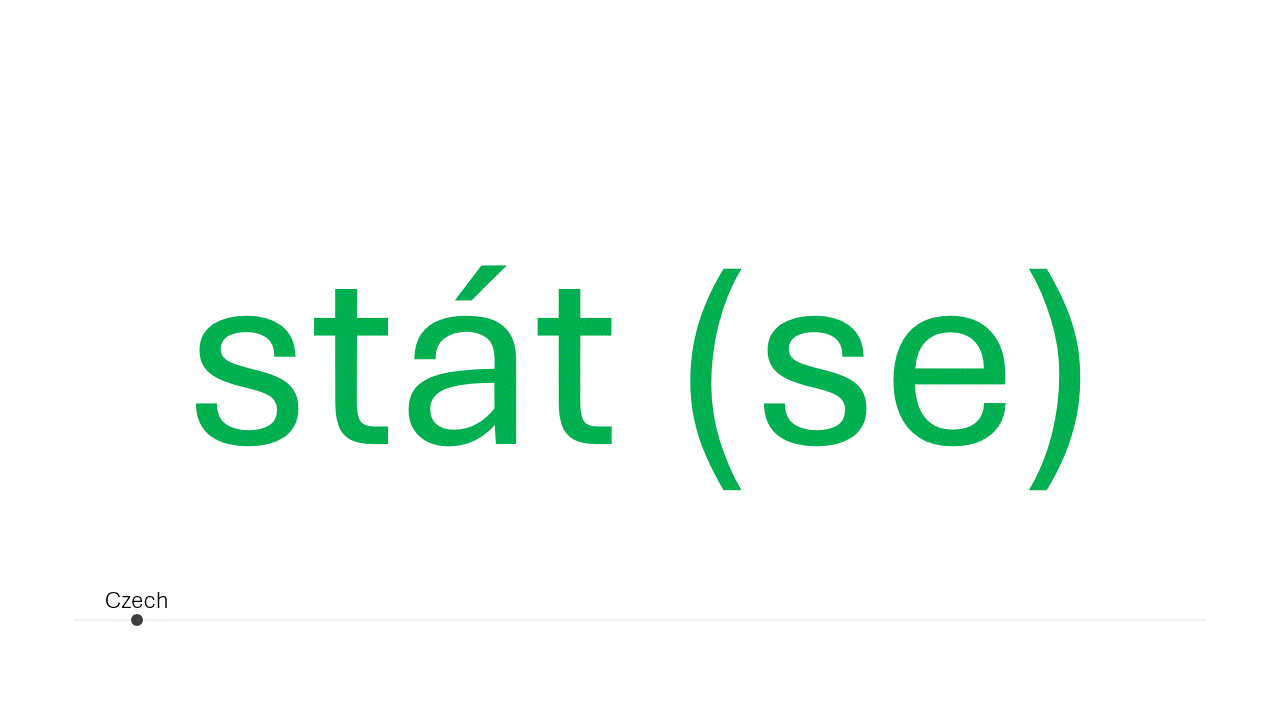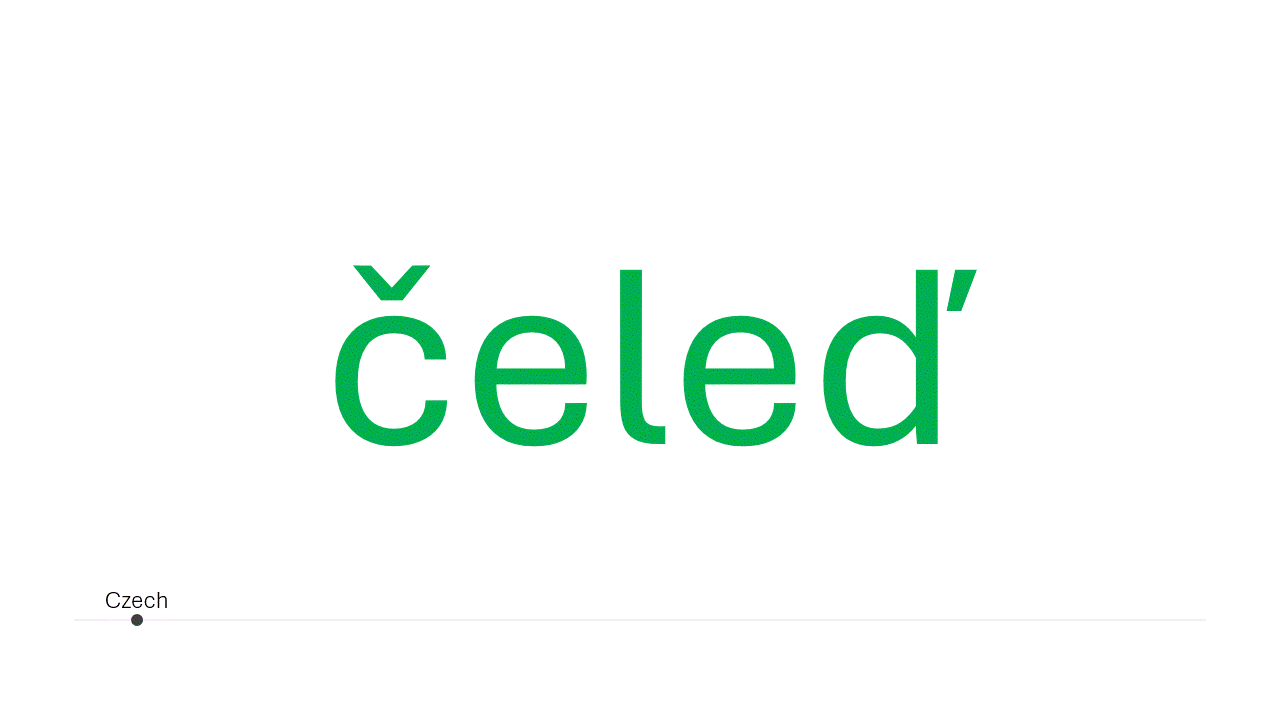Moct (can, be able to)
Moct (can, be able to) is directly related to the English modal auxiliary verb ‘may’ via the Proto-Indo-European (PIE) root *megʰ- which means ‘to be able to’.
The Etymological Tree:
Moct ↔ May Connection:
Moct (can, be able to) is directly related to the English modal auxiliary verb ‘may’ via the Proto-Indo-European (PIE) root *megʰ- which means ‘to be able to’.
Semantic Evolution of ‘Moct’:
The Czech verb ‘moct’ has maintained its original meaning of ‘being able to’ since PIE, but it has at times, under certain circumstances, been used to express the meaning of ‘being allowed to’. This meaning is nowadays shared with the verb ‘smět’ (may, be allowed to), although ‘smět’ is more associated with permission, while ‘moct’ is associated with possibility.
How ‘May’ Became Defective:
The English word ‘may’ is now a defective verb which means that it can no longer be conjugated. Throughout history it has had many different forms for first, second and third person plural and singular, as well as past, present and future, however they have all been lost with the exception of ‘might’ which is its past participle. Up until Early Modern English ‘may’ was used very much the same as the Czech verb ‘moct’, but today is it most often used as an auxiliary verb to mean ‘to be allowed to’ i.e. ‘may I have a look?’.
Further Connections:
If we go back to the root word from PIE *megʰ-, there was also another version of this word which was *mogʰtis, from which we get ‘might’ as in strength and ‘moc’ in Czech. These words essentially mean the same thing, however ‘moc’ is more broadly used in everyday Czech.
Derived terms from MOC & MOCT:
bezmoc, bezmocný / helplessness, helpless / “without power, strength”
mocný / powerful / “power + adjective suffix”
nemoc, nemocný / disease, illness, sick, ill / “(to be rendered with) no power or strength”
pomoc, pomoct, pomáhat / help, to help / “to render sb. or sth. able”
námaha, namoct, namáhat / effort, to strain, to make effort / “to add power, effort”
zmocnit / to empower / (z- often indicates a change of state)
mockrát / many times / “power (in the sense of a lot or many) times”
možný, možnost / possible, possibility / “able + adjective suffix”
Another related word from the PIE *megʰ- is English word ‘main’ whose meaning has evolved greatly:
PIE / *megʰ- / to be able
Proto-Germanic / *maginą / ability, power, might, main
Proto-West-Germanic / *magin / ??
Old English / mæġen, mæġn / strength, force, efficacy, very
Middle English / mayn, mæȝan, mæigne / strength, influence, power, efficacy
Modern English / main / most important, leading, principal
Here, we can see this word has historically been connected with power or strength, but over time it began to become an intensifier (very) and eventually the superlative meaning that we ‘mainly’ associate with it these days.



Vědět (to know) is connected both to vidět (to see) in Czech and ‘wit’ in English meaning ‘intellectual ability’ and ‘to know’; the latter verb form is now largely obsolete.